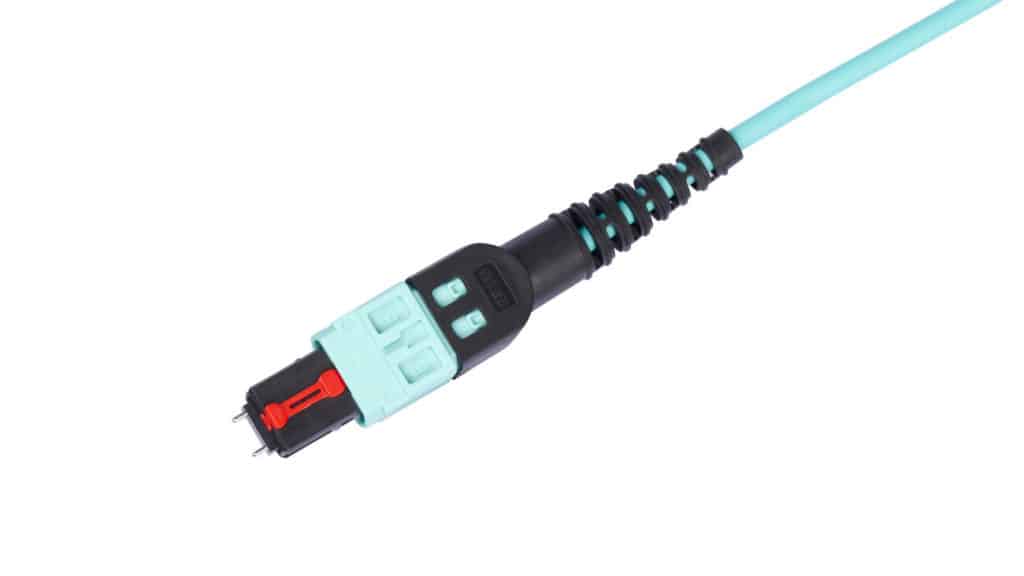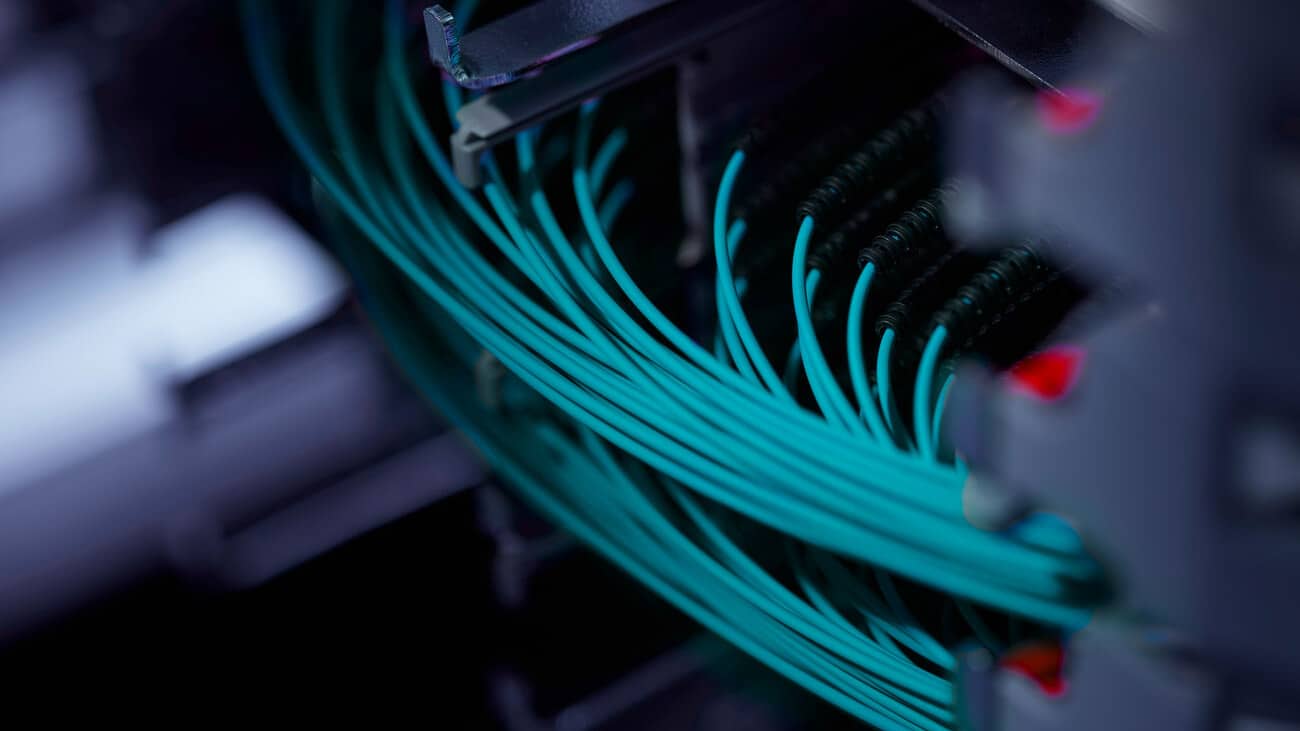The fiber optic manufacturers Reichle & De-Massari (R&M) AG and US Conec Ltd. have agreed to exchange licenses. They will mutually recognize important patents for MPO fiber optic connectors. This will benefit data center providers and carriers who have to further increase the density of their fiber optic cabling for high-speed data transmission.
The agreement clears the way for the QR mechanism developed and patented by R&M to be integrated into US Conec’s DirectConec™ push-pull product portfolio. These connectors make it possible to lock and unlock fiber optic connectors with the strain relief sleeve on the back. This makes them particularly easy to operate in high-density patch panels.
US Conec can now use the QR mechanism in its own connector types. At the same time, R&M can assemble and sell its own QR multiple fiber connector – the new MPO-QR with polarity change – in the U.S.


Another step in the US market
R&M CTO Robert Merki comments:
«We are delighted about the new cooperation with US Conec. As leading developers in the field of fiber optic connectivity, we can work together to pave the way for fast and efficient network densification. For R&M, bringing QR technology to the US market is a major step. We value the innovative strength of US Conec, which we are now able to make available to a large group of users. Our global production network forms a robust supply chain that supplies data centers and carriers with the leading fiber optic connector systems for next-generation high-speed data transmission.»

Faster, more secure patching
«For US Conec, it means a lot to be able to cooperate with R&M in order to meet current market needs. R&M delivers unsurpassed Swiss precision craftsmanship when it comes to fiber optic connector technologies. The QR mechanism from R&M is an ingenious addition to our innovative DirectConec™ push-pull system. This will enable users to work even more securely and faster in highly densified network infrastructures.»
says Mike Hughes, Vice President of US Conec.
The agreement on patent cross-licensing came into force on November 16, 2022. It is backdated to products that have already been developed, manufactured, and sold.
